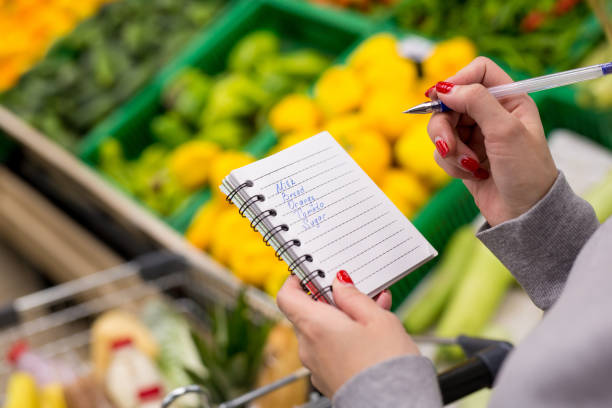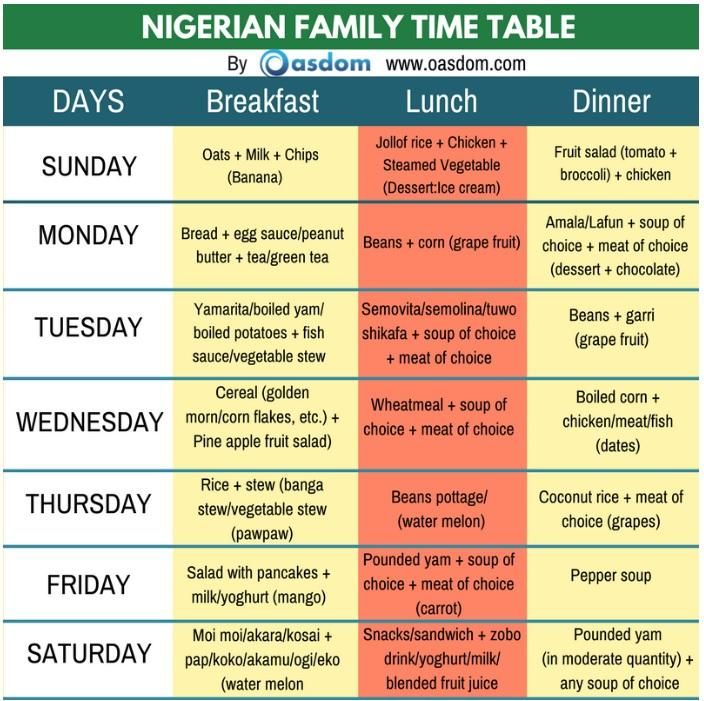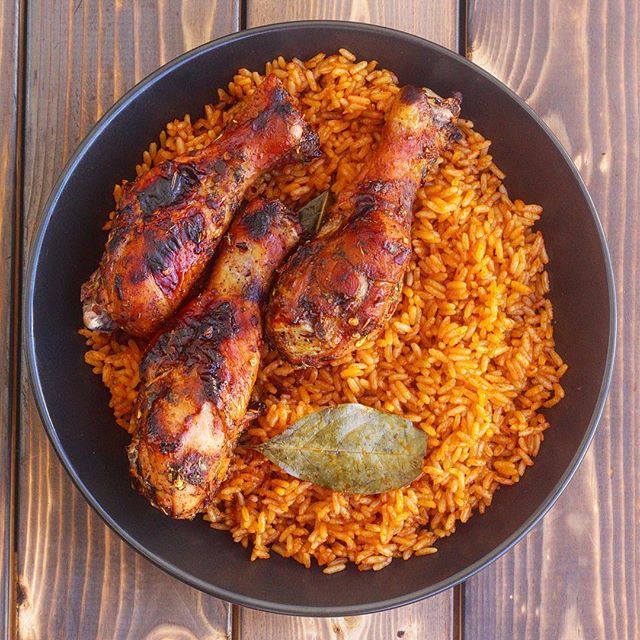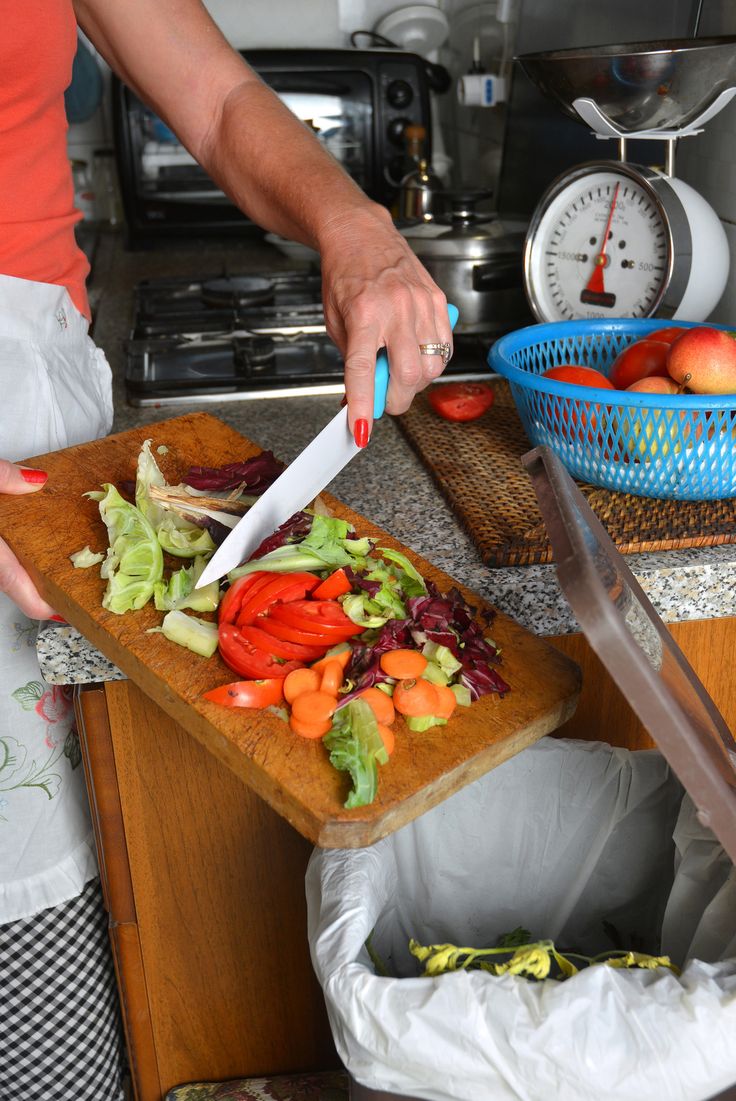- Catherine Maborukoje
- Groceries, Nigeria
- 0 Comments
- 815 Views
The average Nigerian is struggling to make ends meet, and it is essential to adopt smart financial strategies to ensure that one can still afford the basic necessities.
Nigeria’s economy has been facing significant challenges in recent times. But with the cost of living increasing exponentially, things have gone from sore to sour.
The Nigerian economy has been dealing with a number of issues, including the elimination of fuel subsidies and the floating of the naira against the dollar.
These changes have resulted in a significant rise in the cost of living, with food prices being among the most affected.
Basic food prices have skyrocketed, making it difficult for many Nigerians to meet their needs.
The average Nigerian is struggling to make ends meet, and it is essential to adopt smart financial strategies to ensure that one can still afford the basic necessities.
In this article, we will explore practical tips on how to manage money effectively to buy groceries in this challenging economic environment.
Write a Foodstuff List

Make a list of the necessities before going grocery shopping. This will help people avoid impulse purchases and stay within their budget. By listing everything they require, they can assess their needs in relation to their budget and determine whether they truly require them.
Shop Smart and Compare Prices
When it comes to buying foodstuffs, it pays to be a smart shopper. Compare prices across stores and markets, especially when shopping online. Keep an eye out for special offers, promotions, and discounts. Do not be afraid to bargain for a better price. Every Naira saved is worth something.
Buy in Bulk

Purchasing in bulk can result in significant savings. Many online grocery stores provide wholesale prices for bulk purchases, making it more affordable to buy necessities. For example, one can buy rice in bulk or by the bag and share the cost with friends or colleagues.
Use a Timetable for Your Cooking

Plan meals and create a simple weekly feeding schedule. This will make it easier to avoid eating out and save money. One can also bring their lunch to work and save money on fast food.
Keep Your Meal Simple

Eating a balanced diet does not have to entail purchasing expensive ingredients. Make simple meals with local and seasonal produce. This not only saves money, but also benefits local farmers.
Reduce Food Waste

Plan meals and create a shopping list to avoid purchasing unnecessary items. To increase the shelf life of food and reduce spoilage, store it properly. Get creative with leftovers and transform them into delicious new meals.
Buy in Season
Many foodstuffs have their best seasons, and buying during these seasons can help you save money. For example, buying fruits and vegetables that are in season can be more affordable than buying out-of-season options.
Managing money effectively to buy groceries in Nigeria’s difficult economy necessitates discipline, wise spending, and a willingness to adapt.
Following these practical tips will ensure that we can still afford the necessities despite rising costs. Remember, every small step counts, and making wise financial decisions can significantly improve our monthly budget.
READ ALSO: Foreign Rapper Visits Nigeria, Sparking Collaboration Rumors with Asake










